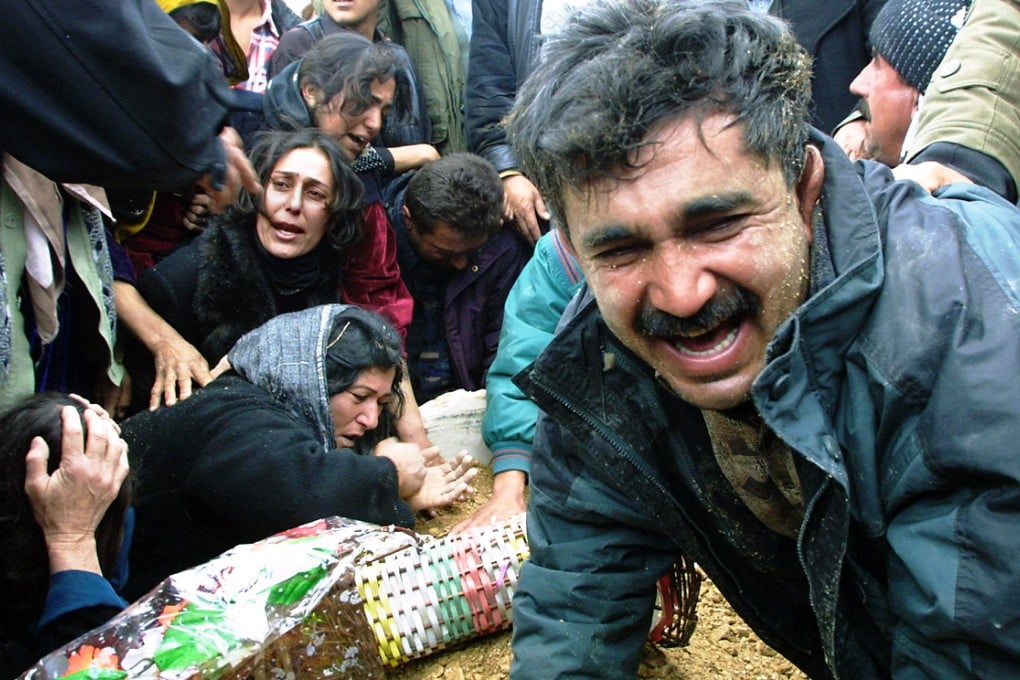Disaffected Kurdish youngsters join Islamic State of Iraq and the Levant
Kurdish officials are worried that disaffected youngsters are joining the Islamic State of Iraq and the Levant in itsbloody campaigns

This town near the Iranian border has long been a symbol of Kurdish resistance. It is best known as the site of a gruesome chemical-weapons attack by Saddam Hussein in 1988.
These days, residents say, it is increasingly known for something else - although few want to talk about it.
Kurdish authorities say a small contingent of Kurdish youths - about 150 in all, about a third of whom are from Halabja - has in recent months joined the Islamic State of Iraq and the Levant (ISIL, also known as Isis), which has seized a vast swathe of Iraqi territory.
People here join Isis – which is also basically suicide
The young men's allegiance to the extremist group represents a potential danger for the Kurds, who share the jihadists' resentment of Iraqi Prime Minister Nouri al-Maliki's Shiite-dominated government but are wary of the extremists massed near their territory. The Kurds have hoped to keep their largely autonomous region in northern Iraq from being entangled in the country's increasingly bloody conflict.
Some Kurdish intelligence officials fear that with ISIL's gains, more local youths will join the jihadists and that the radical ideology could creep beyond Arab Iraq and into Iraqi Kurdistan, which has so far remained an oasis of calm and order.
The presence of Kurdish fighters in the militant group highlights how effectively ISIL's recruitment efforts are reaching disenfranchised youths across Iraq's ethnic divide. Most Kurds are Sunni Muslims, like the insurgents, but have their own language and culture.

